We were lucky to catch up with Brien Dougherty recently and have shared our conversation below.
Brien, appreciate you joining us today. What’s been the most meaningful project you’ve worked on?
The most meaningful project for me was “Sweetwater” (2023), directed by Martin Guigui. It was my first film after moving to Los Angelese and it really influenced my career trajectory. The film brought to life the journey of Nat “Sweetwater” Clifton, one of the first African-Americans to play in the NBA, showing the challenges he faced as he broke race barrier in the NBA. Having a role in this story was both an honor and a huge responsibility.
My involvement began when I was still at the Barrow Group Acting Program in New York City. I remember I was in class, and I rushed out because I got the call from Martin. Soon after, I was at the Warner Brothers lot, standing alongside Cary Elwes, Jeremy Piven, Richard Dreyfus, and Everett Osbourne.
The set, replicating the historic Madison Square Garden, was just so breathtaking and made me understand the precision it takes to bring life to a period piece. My involvement in “Sweetwater” extended to various stages of film production. I was part of pre-production calls, gaining insights into casting, financing, and scripting. Following the shoot, I delved into post-production and ADR.
Being able to work in all stages of production on a major feature film was a huge triumph and I learned so much about the industry. Most importantly, watching Martin put so much care into this story is what ultimately influenced me to pursue writing and directing.
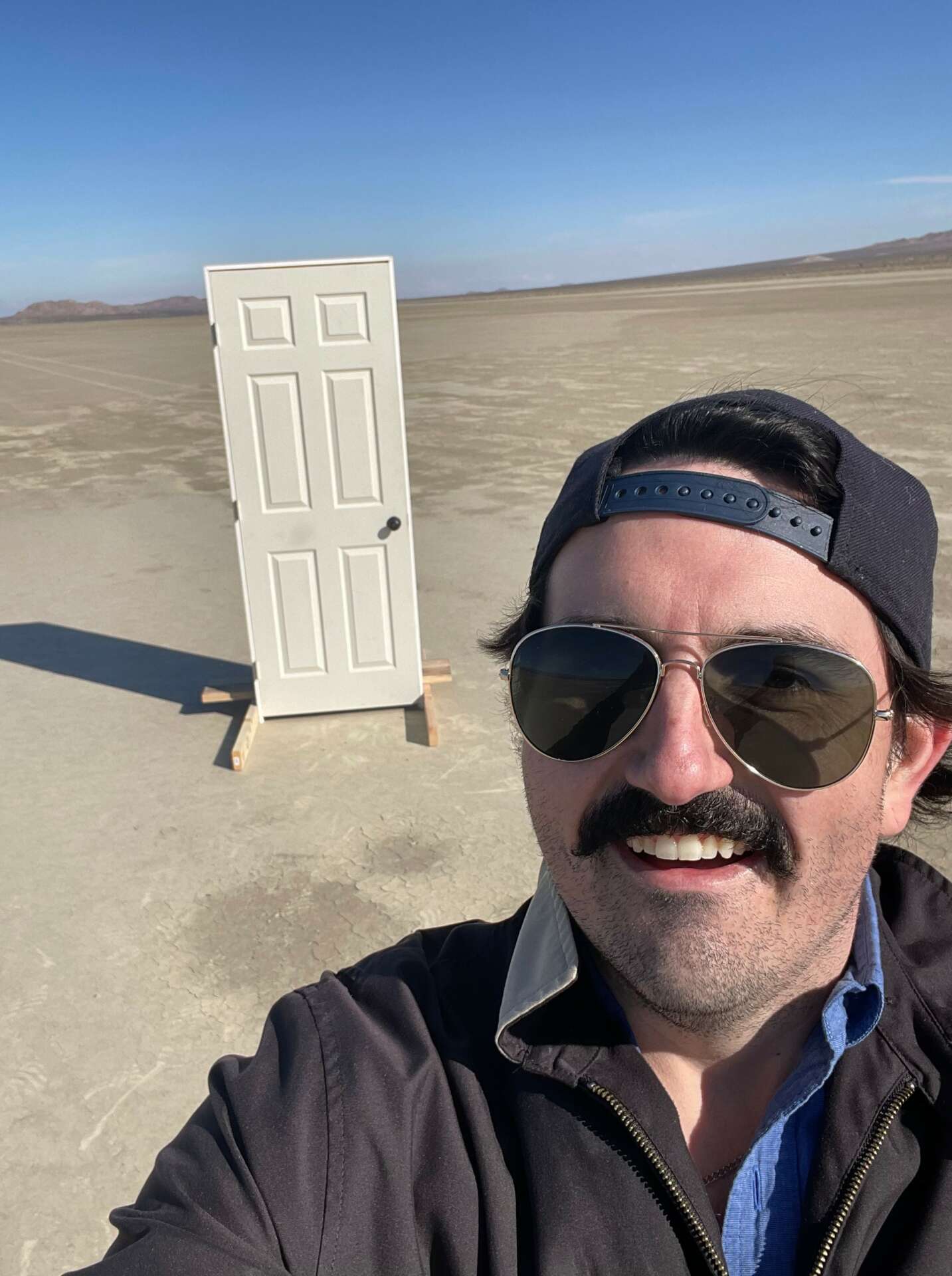
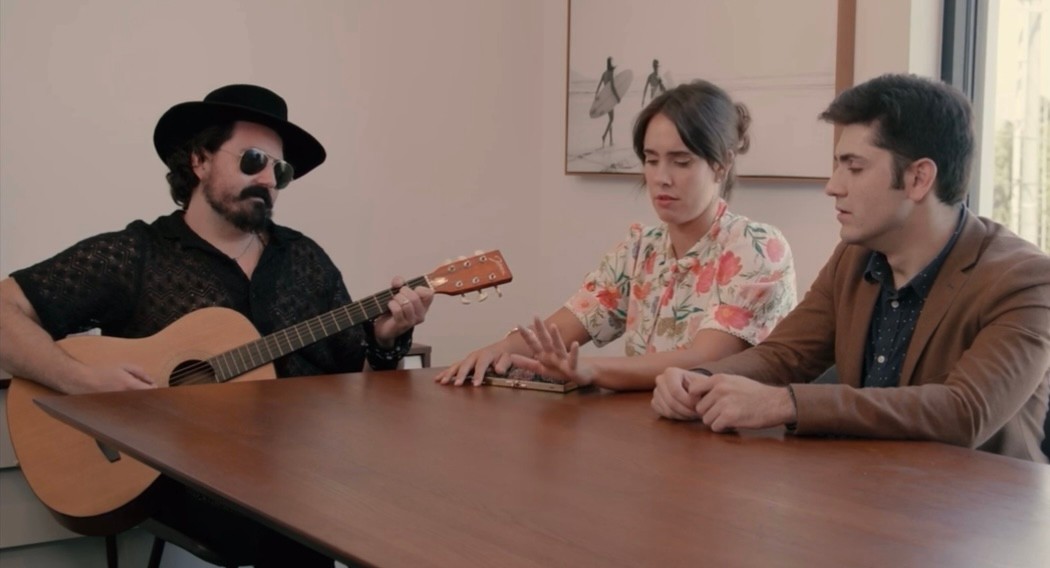
Brien, love having you share your insights with us. Before we ask you more questions, maybe you can take a moment to introduce yourself to our readers who might have missed our earlier conversations?
Ever since I was a kid, I loved the rush that comes from creating. When I was in middle school, my history teacher let us make movies for our final project. I would write, direct, and star in these comedy movies about history that we shot on my dad’s camcorder. I was the type of kid that just needed an outlet for my creativity.
Growing up on the Jersey Shore (the real one in Asbury Park, Bruce Springsteen country) I always played in bands at iconic venues, such as the Stone Pony. I also started getting into improv and stand-up comedy. I wanted people to see me on stage and feel something.
The problem was that I didn’t know how to make a career out of creativity.
I had a great job as a Project Manager but when I lost my job during COVID, I decided to do what I’ve wanted to do since I was a kid with his dad’s camcorder: make movies.
I started out how a lot of filmmakers do, working as a production assistant, doing grip work, acting, background, whatever it took to get onto a set. I wrote and directed the music video for Rawle’s “Find My Way.” It didn’t matter if the budget was five-hundred dollars or five-hundred million dollars, every set was a learning experience and an opportunity to expand my network.
Now, I am a filmmaker and performer living in Los Angeles. I currently work for 321Films with my creative partner Julian Reeves. Along with Julian, I wrote, directed, and produced our short film “I Can’t Tell You,” I also acted in the film and my face is on the poster that we are submitting to various film festivals around the world. We have very high hopes for it.
We want to be the next Daniels. We’ve written a feature together that we are trying to get it financed.
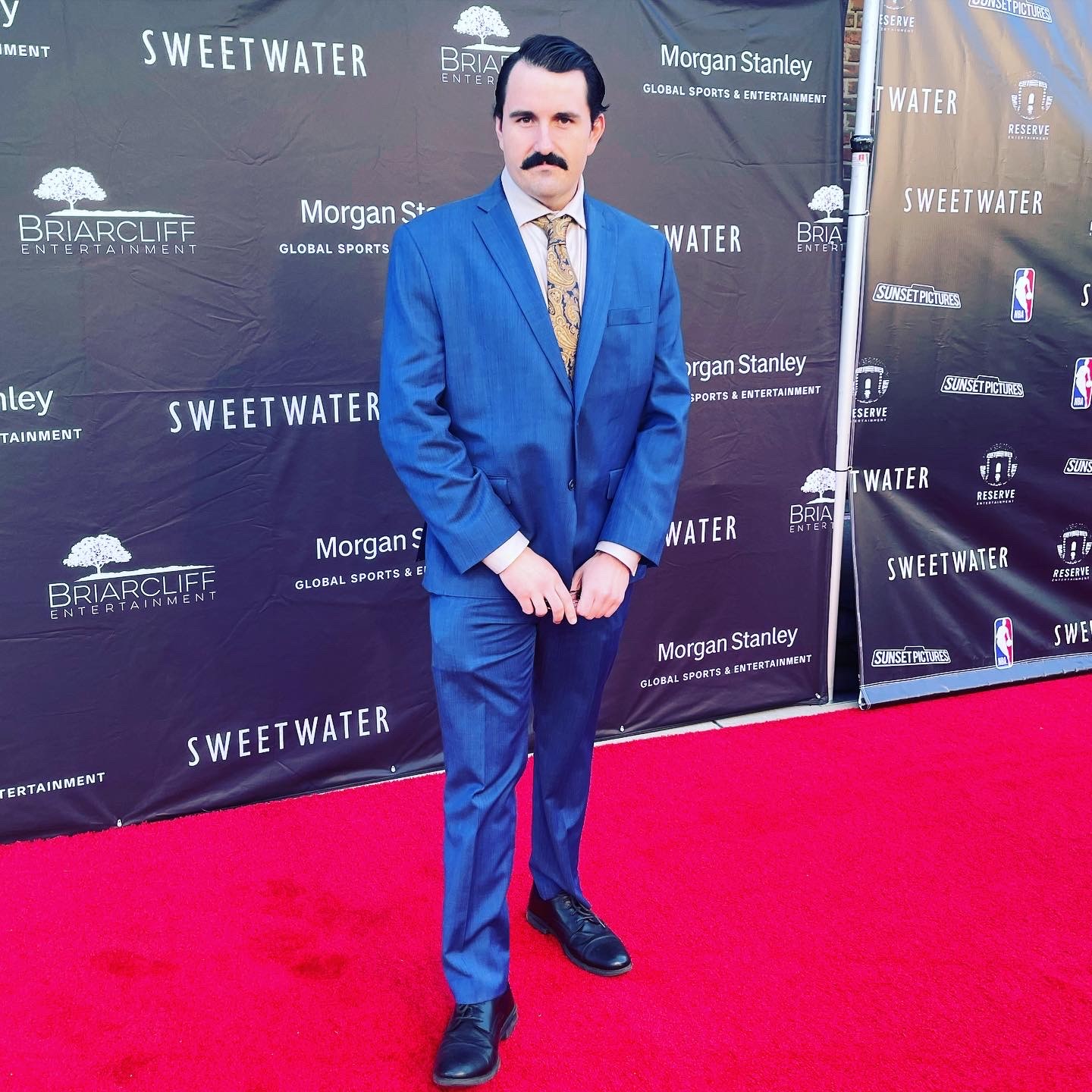
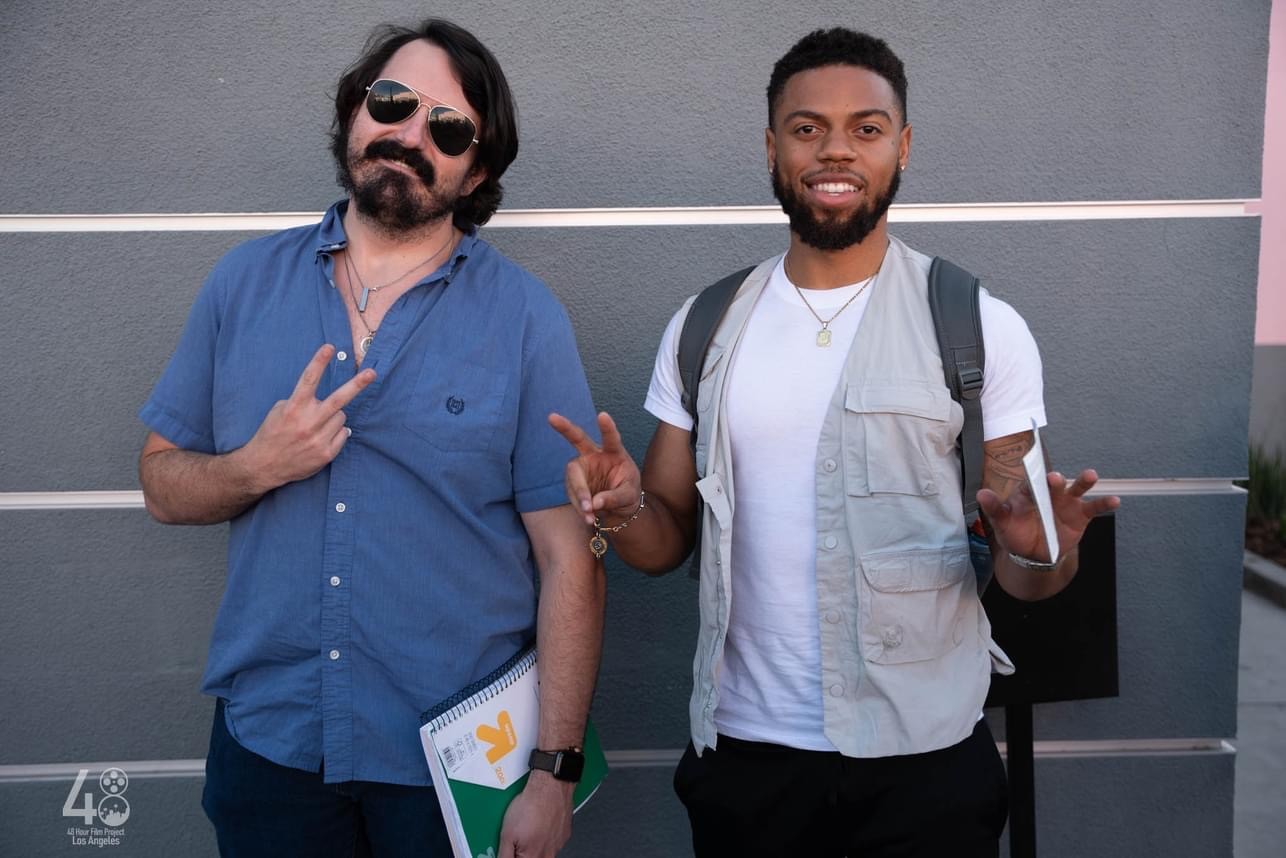
In your view, what can society to do to best support artists, creatives and a thriving creative ecosystem?
We need more money. I stand in solidarity with SAG and the WGA. Pay us.
CEOs would rather have ChatGPT write crap reality shows then to pay their writers and actors. It’s insane.
Also, if something artistic resonates with you, tell others. There are so many instances of great television shows being cancelled before most people even know about them. We live in a time where being in the conversation on social media is so important to the success of artists. So, please, tell your friends if you like our work. Come to a show, support local artists, buy a ticket. We need you.
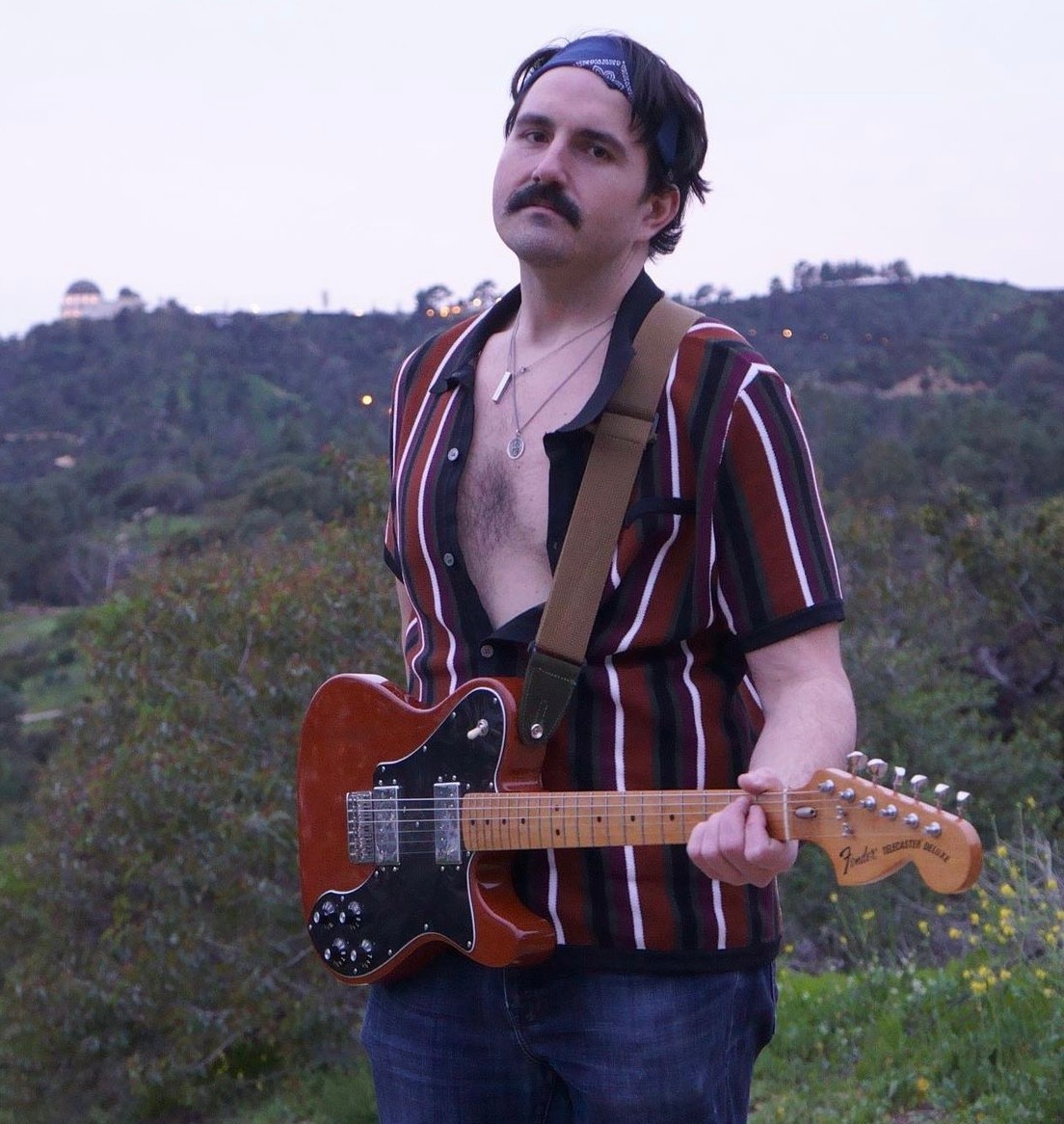
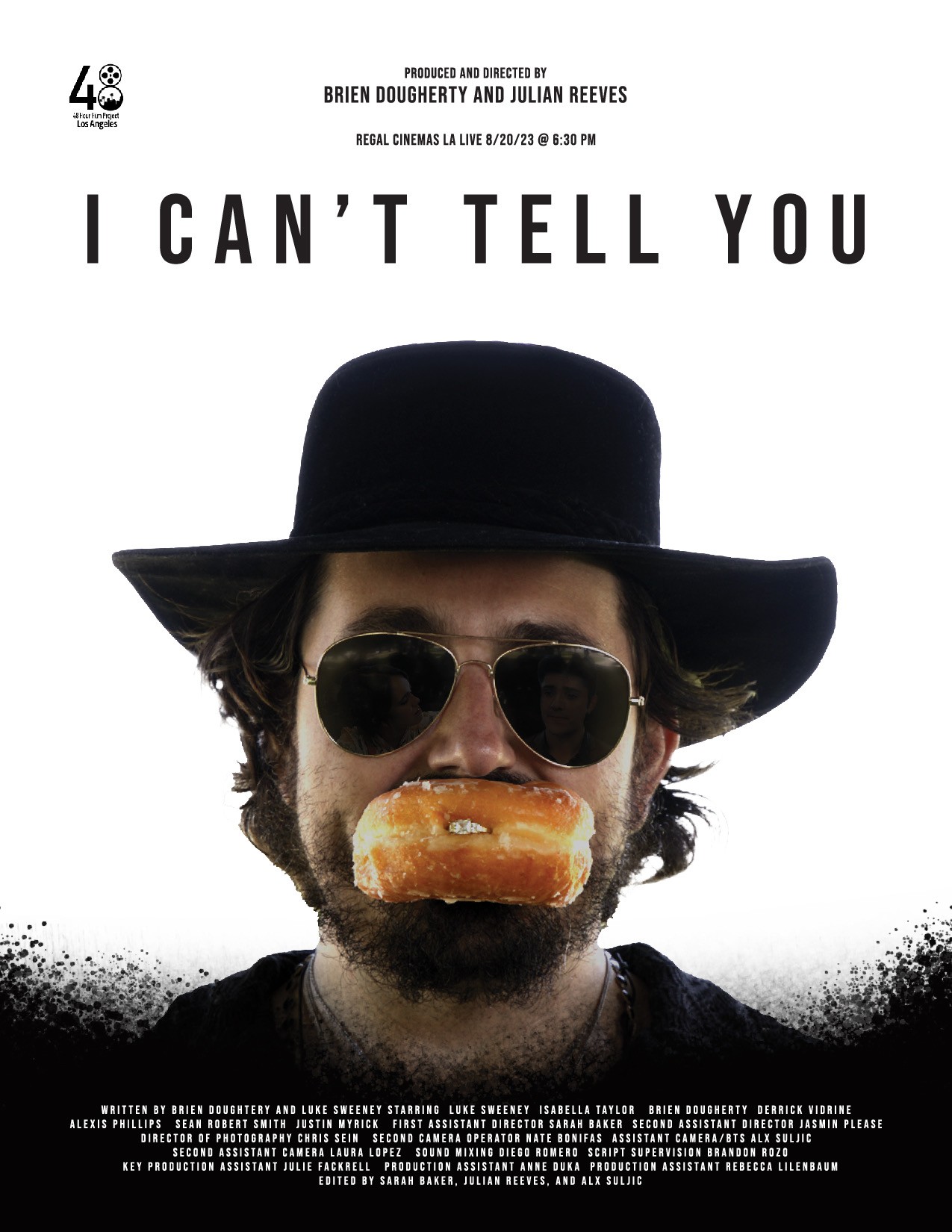
How did you build your audience on social media?
I started out just posting comedy sketches on Instagram. It was the kind of comedy that you’d find on I Think You Should Leave or Tim and Eric. Eventually, after consistently posting over a long period of time, I started gaining some traction. Occasionally, I’d post at events or red carpets or when I perform with my band, WorpHorse.
My advice for people trying to build an online presence is to understand the mechanics of how reels and tiktok work. Brevity is key. You quickly have to get to the joke or the hook or else the person on their phone will keep scrolling.
If you manage to keep their attention, the payoff needs to be worth sticking around for. As a content creator you need to deliver on the promise of your premise. I think it’s important to write down every funny thought you have. Most comedians carry notebooks around because they know if they don’t write it down, it will be forgotten. The same principle can apply for content creators. Once it’s written, then you can structure it to work on social media.
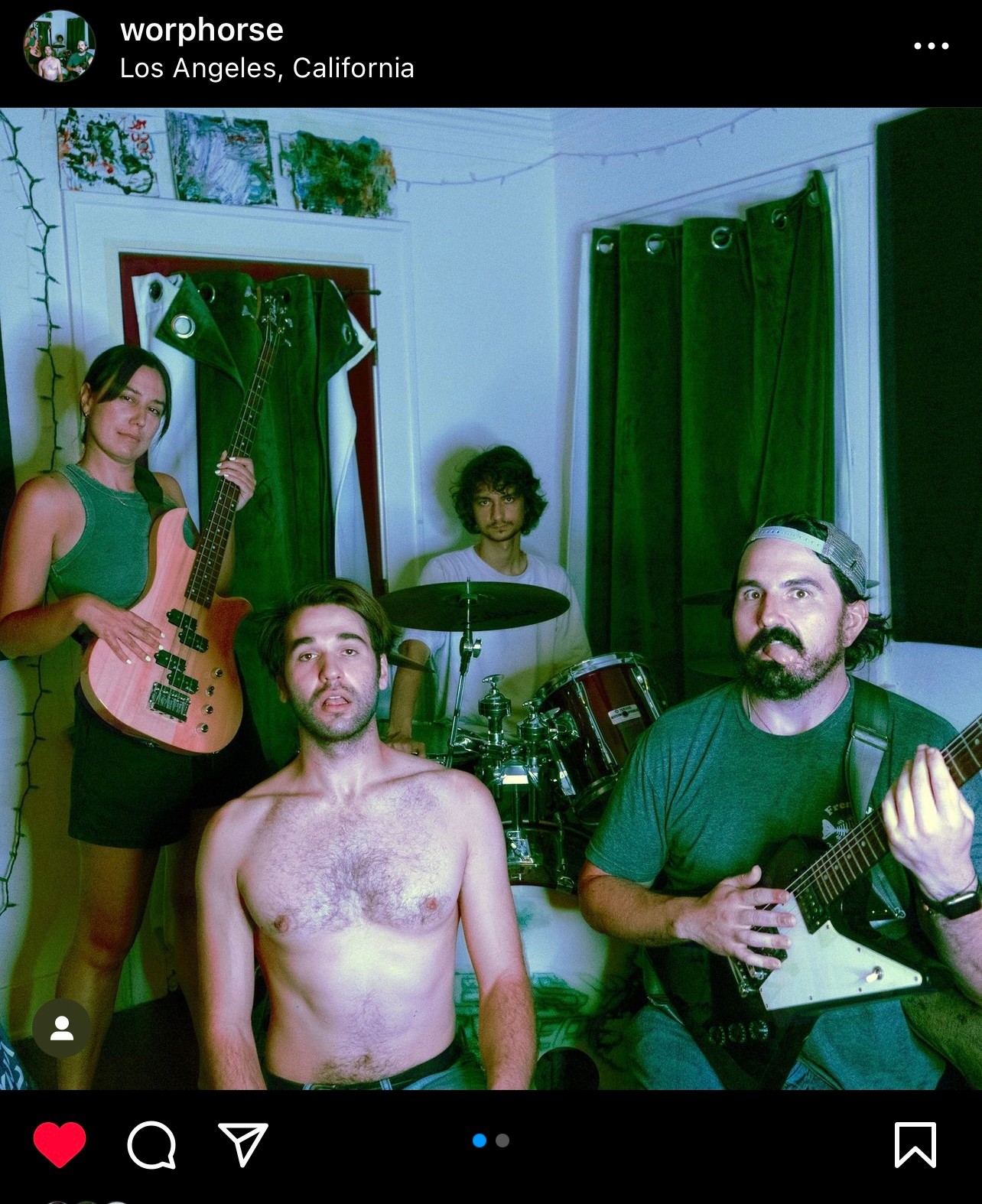
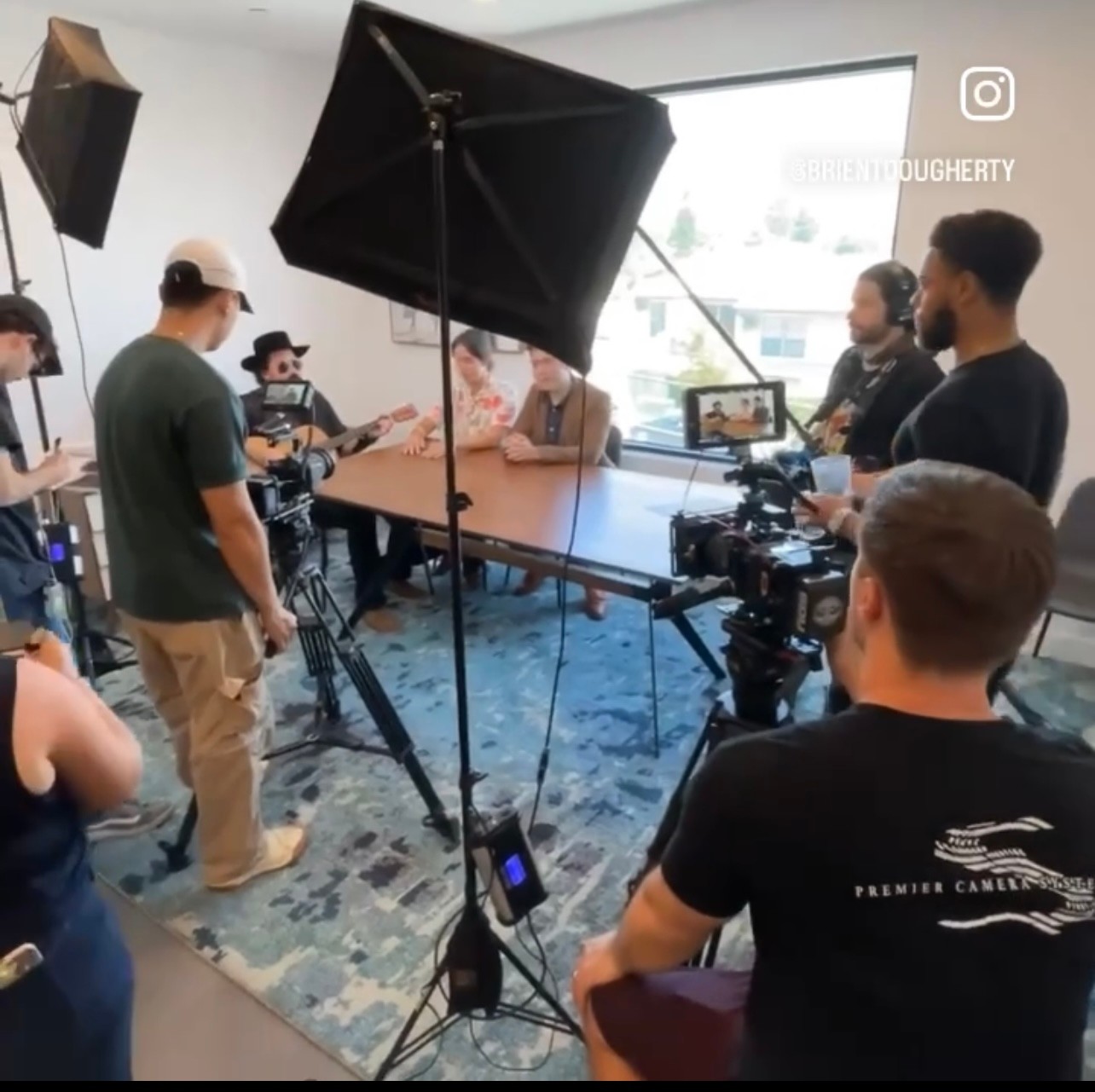
Contact Info:
- Website: https://www.briendougherty.com/
- Instagram: https://www.instagram.com/brientdougherty/
- Linkedin: https://www.linkedin.com/in/brien-dougherty-418b8415b/


